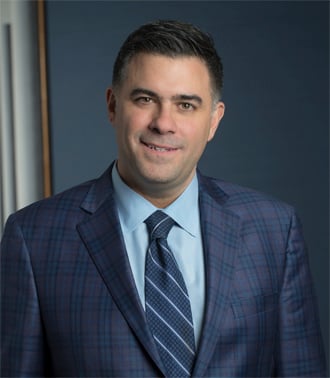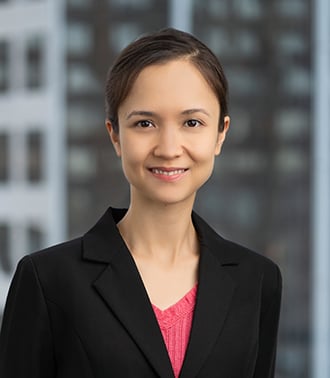A Discussion in Miami About Cartels. No, Not That Kind of Discussion or That Kind of Cartel.
Day One of the ABA White Collar Crime Conference in Miami featured a robust panel discussion by four former U.S. Department of Justice (DOJ) attorneys from the criminal antitrust division about recent developments in criminal antitrust enforcement. At the last minute, DOJ opted not to have anyone from its side participate in the panel; an empty chair took its place on the dais “to honor government enforcers trying to do their job.” Still, those present engaged in a thoughtful discussion about DOJ’s recent enforcement actions and related initiatives, focusing on the Procurement Collusion Strike Force (PCSF), increased DOJ interest in criminal monopolization, and possible developments in state-level criminal antitrust prosecutions.
Overall, the panelists agreed that they did not foresee much change in DOJ’s ardor to prosecute criminal antitrust cases. As one panelist put it, “everyone hates a price fixer.” Whether DOJ has the resources to prosecute those cases, however, poses a more pressing problem in light of recent cuts made by the Department of Government Efficiency (DOGE). The panel noted that the groundwork for criminal investigations usually is laid by the Federal Bureau of Investigation, Offices of Inspector General (OIGs), and younger attorneys and paralegals at DOJ, whose jobs are most in jeopardy due to DOGE.
The panel also discussed the growth of the PCSF, a joint law enforcement effort formed during the first Trump administration to combat criminal antitrust crimes in the government procurement space. Despite diminished government resources, PCSF could continue to grow because, according to one panelist, it has always run on a “string budget.” The panelists agreed that PCSF, which has been in operation for five years, is a “big success story” that “is building momentum” with increased participation by U.S. Attorneys' Offices, OIGs, and even local and state officials.
The panel also noted a potential uptick in criminal monopolization cases under Section 2 of the Sherman Act. The panel observed that DOJ had not pursued any Section 2 cases in decades, but had, within the last three years, secured a noteworthy guilty plea in United States v. Zito, a case involving Section 2. According to one panelist, political appointees in the first Trump administration apparently questioned why DOJ was not focusing on criminal monopolization. Although the panel agreed that this could be an initiative endorsed by both political parties that possibly results in more enforcement, the panel also acknowledged the difficulty of proving Section 2 cases, including because the elements for a Section 2 offense are not clearly articulated, lack substantial precedent, and at a minimum would involve difficult questions about specific intent.
Finally, the panel briefly discussed how states may start to enforce antitrust laws that DOJ does not. For example, the panel highlighted new legislation passed in California last month that increases fines for corporate criminal antitrust violations from $1 million to $100 million per violation, and from $250,000 to $1 million for individual violations.
For more updates from Miami, continue to follow Enforcement Edge.
© Arnold & Porter Kaye Scholer LLP 2025 All Rights Reserved. This Blog post is intended to be a general summary of the law and does not constitute legal advice. You should consult with counsel to determine applicable legal requirements in a specific fact situation.


